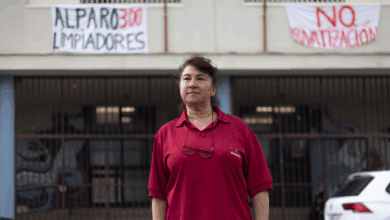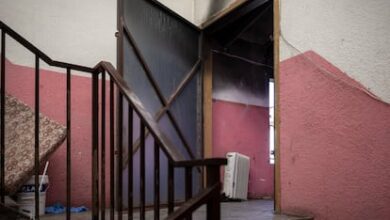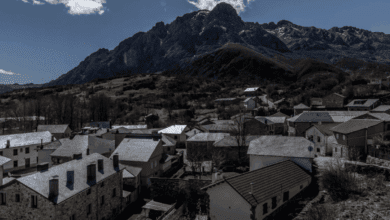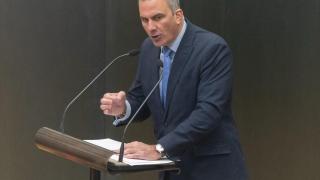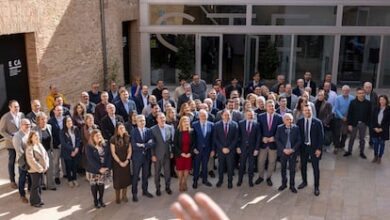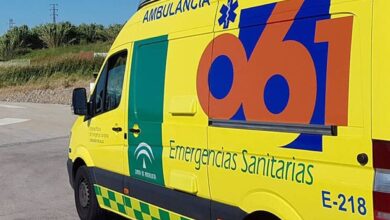
Starting next week, a new restriction will come into effect in Spain: in areas where there is an increased risk of avian flu spreading, keeping poultry outdoors will be prohibited. This decision comes amid a rise in bird flu cases, particularly in Andalusia, Catalonia, and Castilla y León.
These regions have reported the highest number of outbreaks in recent months. Farm owners will now be required to move chickens, ducks, and geese indoors to minimize contact with wild birds. Elsewhere in the country, authorities recommend tightening sanitary measures and closely monitoring livestock health.
This year, Spain has already detected 91 outbreaks of the disease among birds. Most cases involve wild species, but the virus is spreading more rapidly than expected among domestic animals as well. Particularly concerning is the fact that the first infections were recorded as early as summer, which is unusual for this virus.
The new rules also prohibit keeping waterfowl together with other types of birds and using water from open reservoirs that wild birds may visit. Similar measures are already in place in France, Ireland, and the United Kingdom, where the avian flu situation remains tense.
Economic impact and threat level
Experts note that the risk of infection for humans is extremely low, but the economic damage to poultry farming is already significant. Since the beginning of the year, more than two million birds have had to be culled in the country to stop the spread of the disease. This is a severe blow to the industry, especially for small farms.
In Europe, more than 130 outbreaks have been reported among domestic poultry and over 700 among wild birds in recent months. Although the virus rarely spreads to humans, experts emphasize the importance of strictly following the new rules and continuously monitoring the situation.
Authorities assure that as long as all guidelines are followed, the risk to the general population remains minimal. Nevertheless, farmers are being forced to adjust their operations to comply with the new requirements and prevent further losses.
